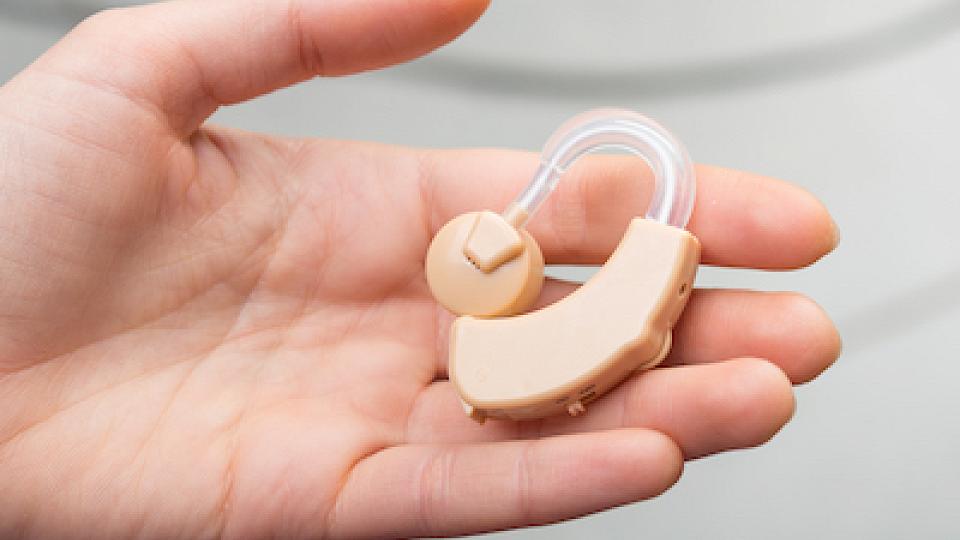
When Do You Need a Hearing Aid?
It may start with a little ringing in your ears, combined with occasionally turning up the volume when you listen to something. Eventually, you find yourself using the closed captioning, having trouble understanding what people are saying in noisy environments, and even reading lips from time to time. These are the classic symptoms of hearing loss as they progress over time.
If you are beginning to experience hearing loss, you may be wondering if you need hearing aids, and if so, when you should see a doctor to start the process. According to Alvin deTorres, MD, an otolaryngologist at University of Utah Health, "Early treatment is best. When people, especially older adults, are unable to hear for long periods of time, it can cause them to feel detached from the world. In fact, people who use hearing aids have a lower risk of dementia than those who do not use them."
To make sure you understand when and where to get hearing aids, it helps to understand the way hearing loss and hearing aids work.
Start with an examination
When you go in to have your hearing tested, an ear, nose, and throat doctor is usually who you would visit first. The first thing that they do is check for an excess buildup of earwax or fluid inside the ear. These are causes of hearing loss that can be fixed and restore normal hearing.
If these are not the causes, the doctor will do a head and neck exam to identify other types of hearing loss and examine your medical and family history to see if there is a history of hearing loss. If they identify that the problem lies in the eardrum or in the hearing bones, there may be a surgical solution that would not require hearing aids.
If the doctor ends up determining that the cause of the hearing loss is in the inner ear (which is the most common kind of hearing loss), the next step is to go to an audiologist for an audiogram to determine how bad the hearing loss is. This will help determine what kind of hearing aid is needed.
Choose a hearing aid
According to deTorres, "The primary objective of a hearing aid is to amplify sound. That should be the first thing you consider." Hearing aids come in various sizes, with larger sizes having the capability to create louder sound. For this reason, your choice of hearing aid should be based on the degree of hearing loss you are suffering.
Smaller hearing aids can usually fit inside the ear, while larger ones tend to sit behind the ear. Once you have figured out what type of hearing aid you need, you can decide if you need any additional features, such as Bluetooth connectivity, longer battery life, rechargeable batteries, and other quality-of-life enhancements. Cost may be a factor, as some insurance providers cover hearing aids while others do not.
It helps to talk through selecting your hearing aid with your medical provider. Once you have the right one in place, you'll be able to connect and communicate with the world around you.


